All over the United States, sober bars are starting to pop up and the term is finding its way into day-to-day conversation. Bar and restaurant owners with a keen eye are asking themselves, “Are sober bars here to stay? And how can I profit from this new foodservice movement?” In this article, we’ll be answering those questions, but first, let’s start with the basics: what are sober bars?
As you’ve probably guessed, sober bars are just as they sound — bars that only serve non-alcoholic drinks. Similarly, the term “sober curious” means that someone is experimenting with sobriety and curious about living a life without alcohol.
Why Do Sober Bars Exist?
The few sober bars that existed previously, dating back to the 19th century, were primarily for recovering alcoholics. The sober bars that are popping up today are still a safe space for people dealing with addiction. However, these bars aim for inclusivity for anyone who doesn’t want to drink for any reason.
Another key point about modern sober bars is the drinks are creative, elaborate, and intricate. While the mocktails of yesteryear tend to be a simple mixture of two ingredients, for example, ginger ale and a maraschino cherry or a VSS without the V, the drinks in today’s sober bars are anything but.
The rise of non-alcoholic drinks and sober bars are, in essence, something people have asked for and corporations have responded to. Many beverage companies caught a whiff of the no- and low-alcohol movement that grew in the 2010s and innovated accordingly.
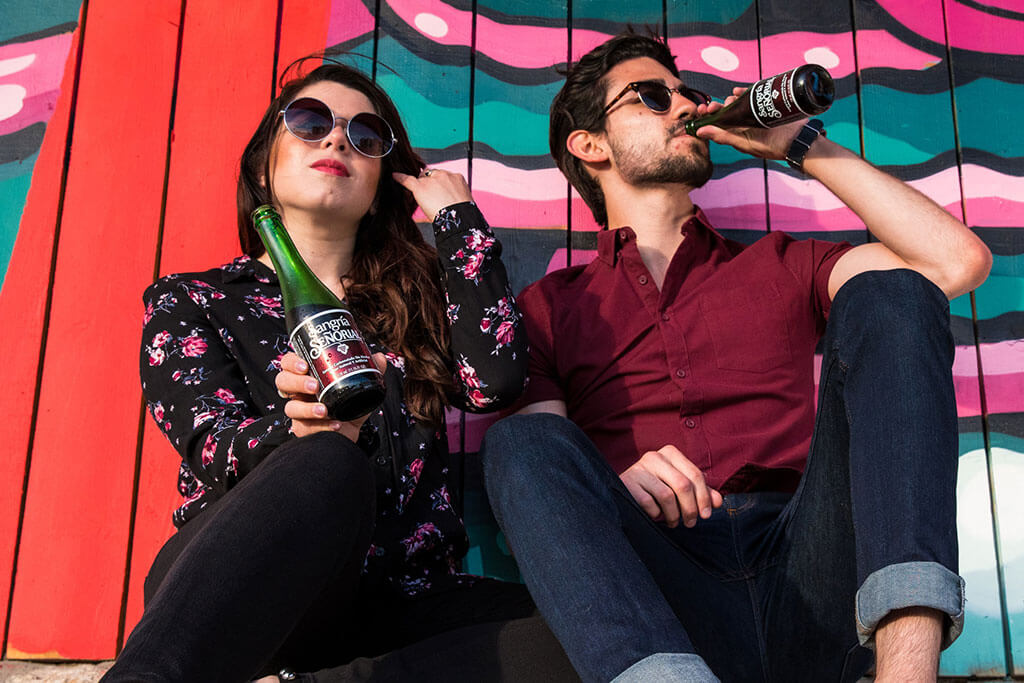
Corporate Motivation
As businesses took note of changing attitudes among consumers in the alcoholic beverage space, many old brands and new rose to the occasion. For instance, beverage brand ArKay has been perfecting their zero-proof spirits recipes since the early 2010s for people who wish to appreciate alcohol without the alcohol. Spirits include tequila, gin, whiskey, and bourbon including all the flavor and fire of the originals.
Companies also took note that consumers are increasingly seeking out better-for-you beverage experiences with lower sugar, added vitamins, and no hangovers. In this case, non-alcoholic drink brands evolved by adding botanical infusions, super foods, shrubs (drinking vinegars) and medicinal herbs to their non-alcoholic creations, as do the bartenders in sober bars.
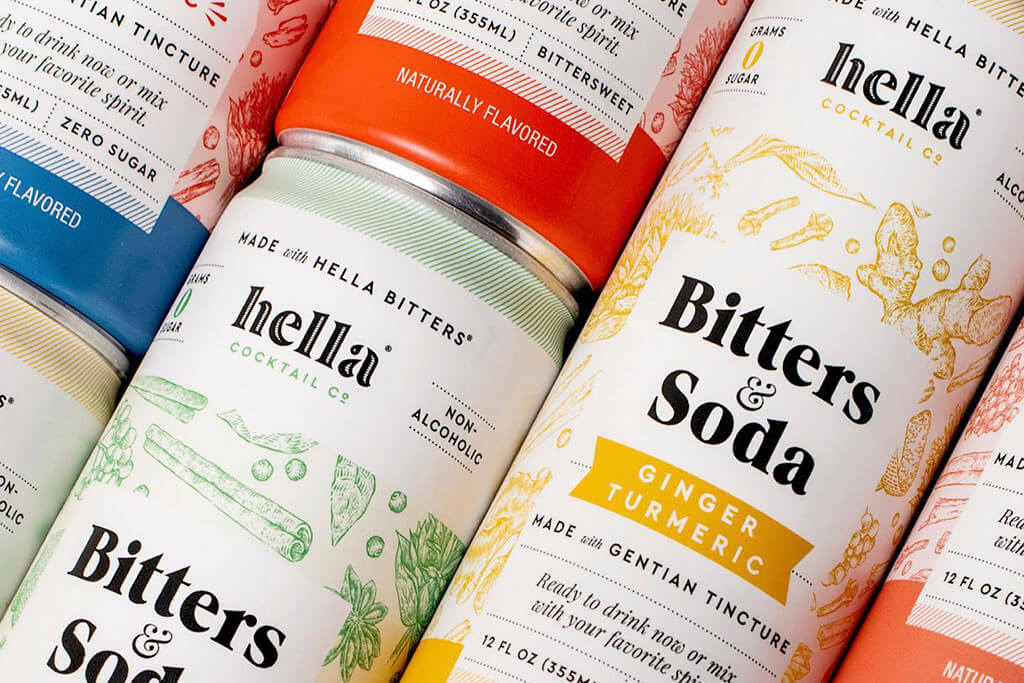
Are Mocktails and Sober Drinks Profitable?
The level of detail that goes into many of the mocktails sober bars create could give any mixologist a run for their money in technique, flavor complexity, and presentation. The experience speaks to the price as well. Bars in NYC, for example, are still able to charge $10-$15 for non-alcoholic beverages due to their experiential and health-focused nature.
Given these points, customers can enjoy seasonal mocktails with all the bells and whistles, elixirs, botanicals, herbs, shrubs, non-alcoholic craft beers and even high-end wine completely devoid of alcohol. One excellent example is Portland pop-up Suckerpunch’s Island Time beverage: Montinore Estate Verjus, Som turmeric drinking vinegar, Sanbitter, yuzu, lime, galangal, and shiso.
7 Trending Craft Beers (and the Glassware They Need!) »
Personal Motivation
Despite gaining momentum prior to 2020, the changing discourse over the first year of the pandemic sparked an even stronger hyper focus on health than if time had proceeded normally. People started to think more critically about how the food and drinks they consumer affects their bodies, about their immune system health, and about the kind of life they want to have.
Normalizing sober bars also normalizes wellness: instead of being labeled a party pooper, abstaining from alcohol for any reason is normalized as a positive choice as people begin to take preventative health seriously.
To that end, between 2021 and 2022, Nielson data tracked a non-alcoholic beverage increase of 33%, bringing sales to $331,000,000. In the same fashion, predictive analysts report that sales of nonalcoholic beverages in 2022 will continue to grow.
On the whole, the changing attitudes on health as a result of the pandemic is just one reason people are flocking to sober bars and embracing the #SoberCurious movement.
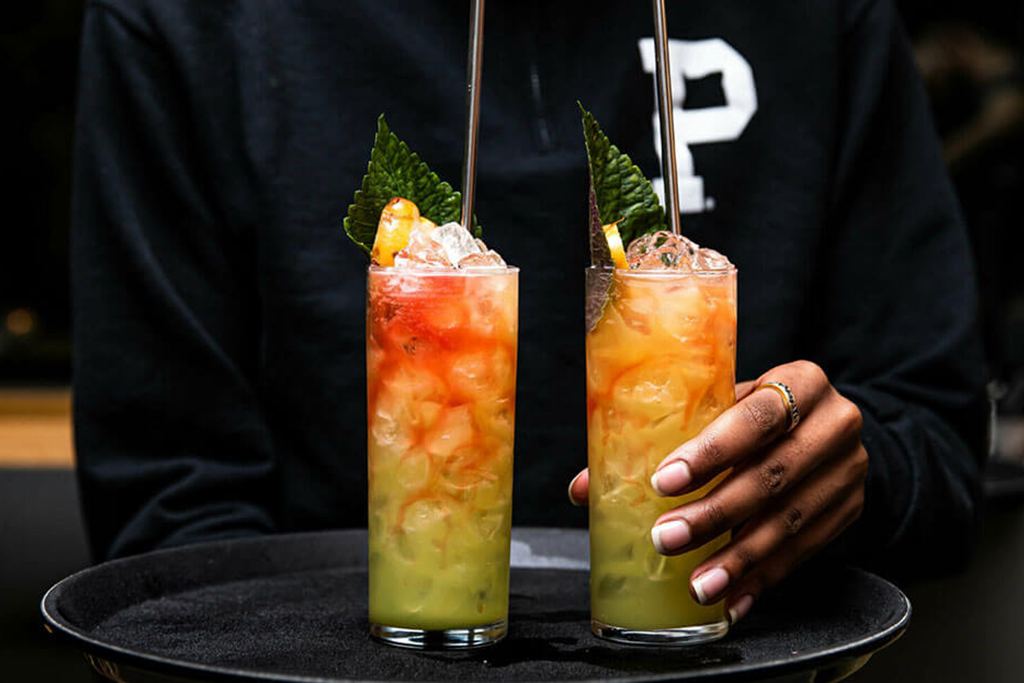
Why Sober Bars Make Sense
Alcohol isn’t tolerated well for everyone. Aside from addiction and pandemic-related immune system concerns, there are many other reasons people may not want to drink:
- Pregnancy
- Medical Conditions
- Prescription Medication
- Religion and Culture
- Fitness or Weight Loss Goals
- Academic or Professional Goals
- Sulfite Allergies
- Health Cleanses
- Alcohol Is a Depressant
- Marijuana Legalization
- Finances
To sum up, there are many significant reasons people may not want to drink alcohol on any given day. However, why people choose not to drink in social settings isn’t anyone else’s business. Thanks to the growing normalization of not drinking, soon, people won’t need to justify their mindful choices. This brings us to the influence Gen Z and younger Millennials have had on the non-alcoholic beverage industry and sober bar arena.
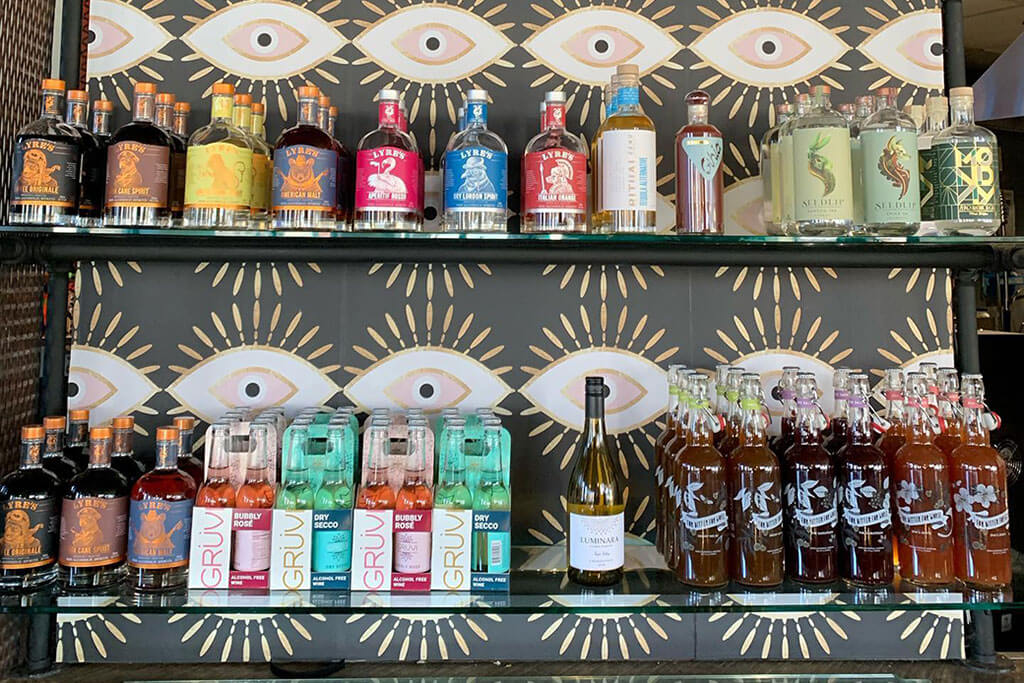
The Impact of Millennials & Gen Z
Millennials (DOB 1981-1996) and Gen Z (DOB 1997-2012) are on the forefront of the sober movement and sober bars. Many of them are shaping the industry based on their evolving needs, philosophies and lifestyles. We’re not saying that Millennials and Gen Z are sober generations – only that they are helping lead the way to a healthier future.
Millennials #MindfulDrinking
Although it’s been reported that Millennials drink more than Gen Z, they’ve still taken on a huge role in initiating and continuing the sober movement. Unlike older generations, many Millennials have chosen to wait until they are older to have children, consequently opening their life up to more fun late nights. However, the party can’t last forever, and Millennials have reported that they are looking for more balance in life and are increasingly tired of always drinking while socializing. Meanwhile, some in that generation are lowering their alcohol intake in favor of legalized cannabis.
For many Millennials and Gen Zers, the price of alcohol has exceeded their means and going out to drink is too expensive to do on a regular basis. Meanwhile, social media has given way to a sober sub-genre of influencers that are helping to push the #MindfulDrinking and better-for-you lifestyles. For all these reasons and more, it’s becoming apparent that there is a market for attracting millennials who are all too eager for a sober night out at a mocktail bar.
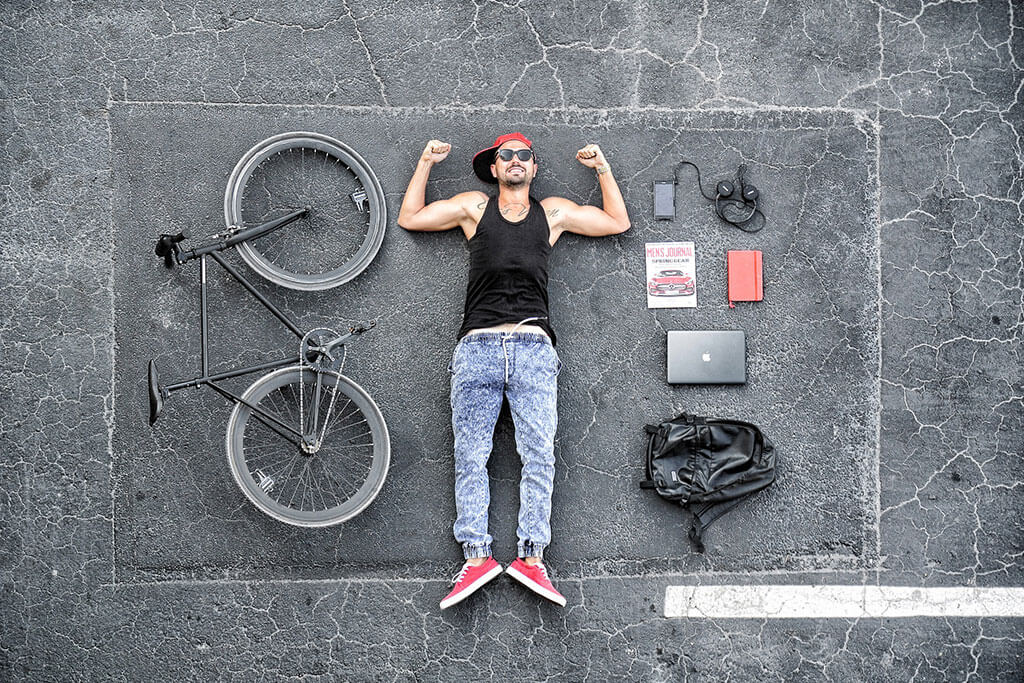
Gen Z #SoberCurious
As more Gen Zers hit the legal drinking age and their purchasing power increases, companies are scrambling to figure out what it is they want and how to sell it to them. Afterall, Gen Z drank 20% less alcohol than Millennials did at a similar age. That’s a lot of lost revenue if bars and restaurants don’t figure out how to pivot their beverage model.
It’s important to realize that for Gen Z, social media has a greater hold on them than older generations and they carry these social platforms with them everywhere they go. For this reason, if you are out getting drunk, photos and video could surface on social media that very same night. It’s an important lesson learned from all the Millennials who have embarrassed themselves on Facebook: public intoxication isn’t cute.
By the same token, Gen-Z has learned some hard lessons from witnessing many in the older generations suffering from alcoholism and addiction. Approximately 90,000 people in the United States die from alcohol-related reasons every year. Even amongst Millennials, there is an unprecedented number of people below the age of 35 with alcohol hepatitis and advanced liver disease.
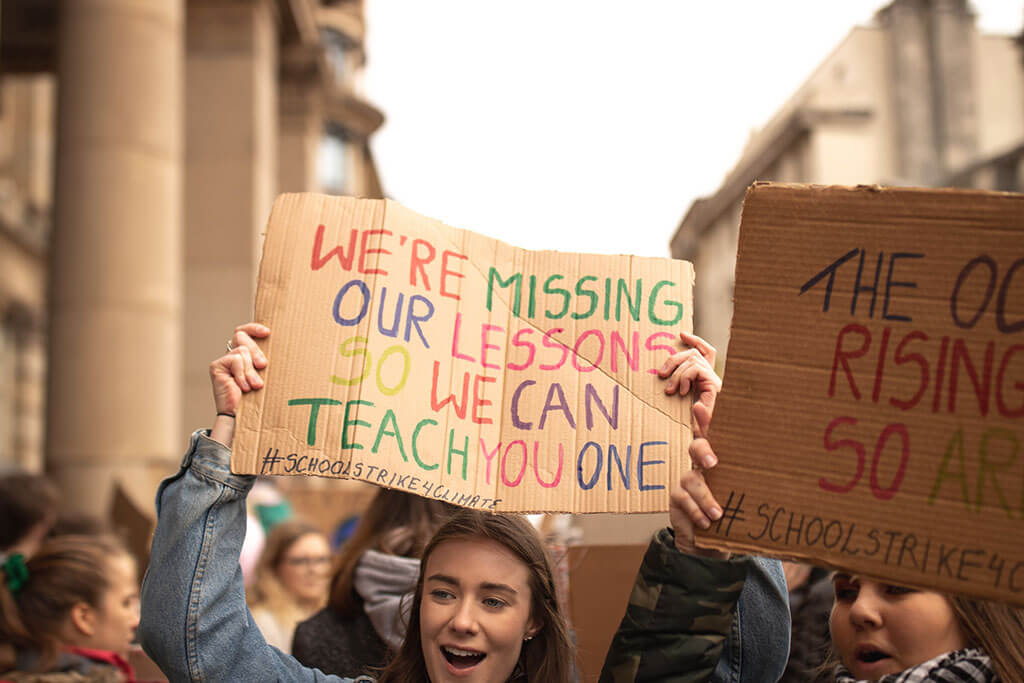
Another important motivation that explains some of Gen Z’s behavior is they are more risk-adverse. The oldest members of Gen Z were only four years old when 9/11 occurred, and the political and economic landscape has remained ever more turbulent throughout their short lives. Many in Gen Z have interpreted the turmoil as reasons for more pragmatic choices, smarter spending, taking the ‘health is wealth and knowledge is power’ approach, and living sober curiously.
After all Gen Z has witnessed in this short time span, it makes sense that they are rebelling from rebelling. Their generation has normalized not drinking within their cohort, which will have long lasting effects on the future of the industry.
Sober Bars May Be More Popular Than You Thought
Very recently, big news and innovations within the sober-bar community have caught the media’s attention. New sober bars are popping up all across the country including franchise negotiations. Here are some of the most recent announcements.
New Openings To Keep An Eye On
- Temperance Bar in San Francisco, CA is set to open as an invite-only alcohol-free bar for professionals within the food and beverage industry.
- The Dry Mill in Columbus, OH set to open as the city’s first sober bar.
- Awake in Denver, CO is now accepting franchising applications. They opened their doors in 2021 as Denver’s first alcohol-free bar and have enjoyed great success and the support of their local community as well as others across the country who wish to bring similar bars to their town.
- Radically inclusive non-alcoholic bar, ArKay House, in Laredo, TX is now accepting franchise applications.
- Suckerpunch in Portland, OR is set to open a popup location and will be moving to a permanent space later this year. This company began as a no-booze cocktail kit vendor in 2020 and is expanding due to the phenomenal support of Portland’s community.
Are Buzzless Beverage Bars Here to Stay?
The non-alcoholic beverage market is booming and there is money to be made in sober bars. Functional drinks with wellness properties are still making a big splash as well as traditional alcohol substitutions. For now, even if you own or manage a restaurant or bar that serves alcohol, we recommend incorporating some top tier non-alcoholic beverages into your restaurant or bar, to serve a greater amount of people and respect the sober. But are sober bars here to stay?
Given that Gen Z has normalized not drinking within their own demographic, we predict long-term attitudinal changes within the United States. These are positive changes that will give people more choices on where and how to socialize. Likewise, normalizing sober bars give people more autonomy and fewer social consequences when making decisions about their mental, emotional, and physical health.
Up Next: African American Inventors Who Changed Foodservice Forever »

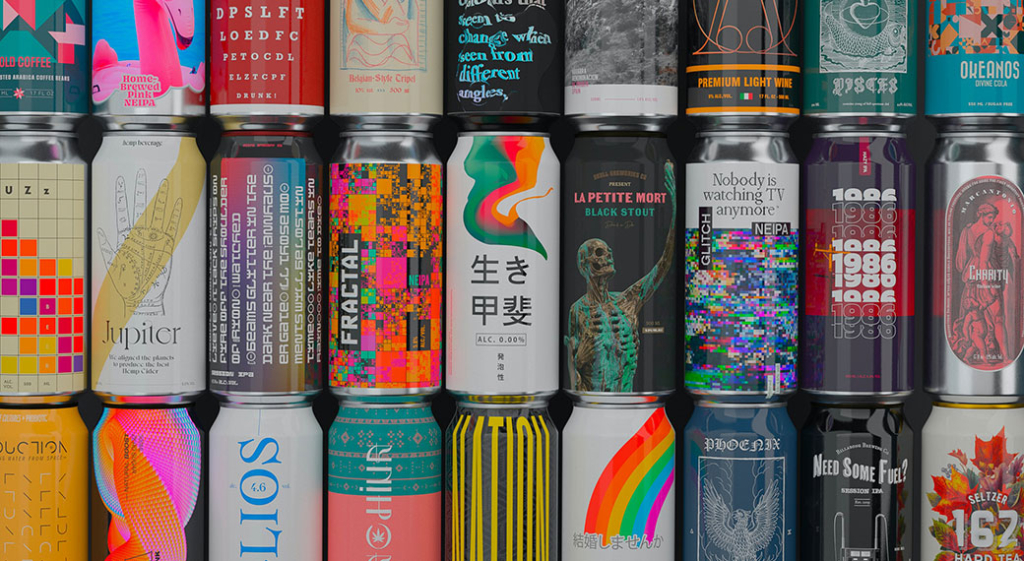


Cannabis Beverages 101: What Are Drinkables? - Omega Equipment & Supply Blog
and now also THE GOOD SPOT in Brattleboro Vermont! Great read—that’s for your article.